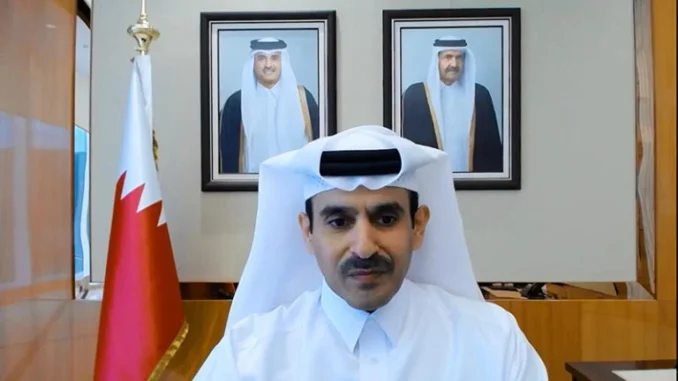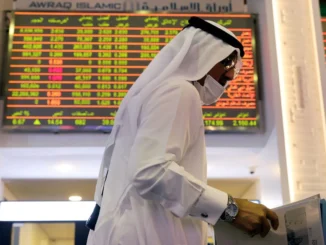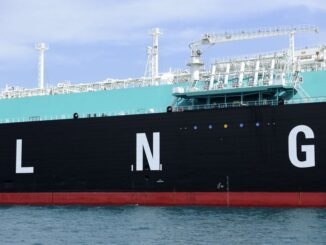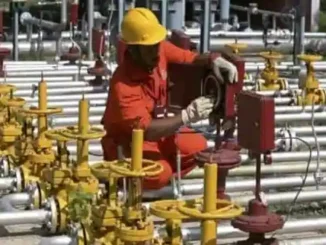
Qatar’s Minister of State for Energy Affairs and the President and CEO of QatarEnergy underlined the importance of harmonizing energy security, affordability, and sustainability in the quest for an equitable and realistic energy transition at the Ministerial Plenary Meeting as part of Tokyo’s Green Transformation Week, which is a series of events focused on clean energy with the aim of achieving a balance between energy security and climate change countermeasures while promoting economic growth.
To hammer home his views, Saad Sherida Al-Kaabi highlights that “a balanced energy transition demands the incorporation of natural gas in our present and future energy,” and that “natural gas will be indispensable, especially given its reliability as a base-load source for many nations and for many years post-2050.”
This is in line with the remarks QatarEnergy’s CEO made during the LNG2023 Conference & Exhibition in Vancouver when he claimed that gas would continue to be needed in the future as the cleanest fossil fuel for the base-load required for electricity production and for powering industrial and manufacturing factories.
“While the pivot towards renewables is commendable, they cannot be the sole solution, particularly considering their intermittent nature. That’s where natural gas, as a cleaner, cost-effective, and ready-to-use component of energy transition, becomes vital. We in the state of Qatar, recognize the gravity of climate change and consistently take actions rather than making pledges,” added Al-Kaabi at the Ministerial Plenary Meeting in Japan.
A recent report from the Energy Industries Council (EIC) outlines that Qatar has 18 projects under development across the oil and gas sectors, with an estimated capital expenditure (CAPEX) of $60.2 billion. As a result, the Persian Gulf state’s energy sector is positioned for further growth, solidifying the country’s position as the world’s top exporter of liquified natural gas (LNG). Qatar intends to boost its LNG production from 77 million metric tonnes per annum (mtpa) to 126 million mtpa by 2027.
According to Wood Mackenzie, the competition in delivering the next wave of LNG growth will be fierce, though Qatar and the U.S., with 40% of global supply between them, are expected to be the front-runners by a mile. Both of these LNG giants have an abundance of low-cost gas, competitive pricing, and astute commercial partnering, thus, their combined market share is expected to exceed 60% by 2040.
While stressing the importance of exploring cleaner solutions to combat climate change, Al-Kaabi said in Japan: “Our duty is two-fold: advancing renewable capacity while sustaining a robust baseload capability. I urge this esteemed assembly to prioritize key factors vital for a sustainable transition: bolstering energy security, bridging the energy poverty gap that impacts billions of lives, ensuring equitable energy access, amplifying investments, and decisively moving away from coal.”



